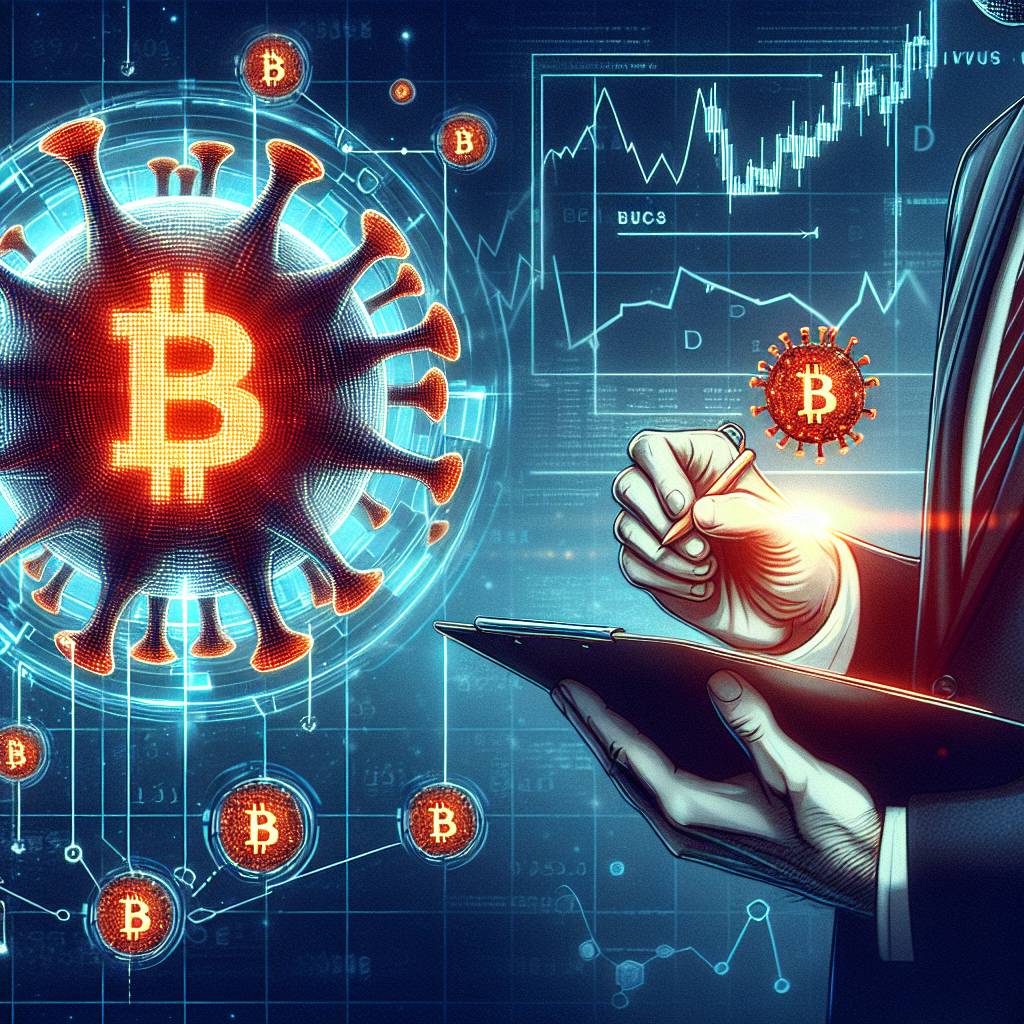How does the Bitcoin chain handle transaction fees and transaction speeds?
Can you explain how the Bitcoin chain manages transaction fees and transaction speeds? I'm curious about how the fees are determined and how the network handles high transaction volumes. Are there any strategies to speed up transactions or reduce fees?

3 answers
- When it comes to transaction fees and speeds on the Bitcoin chain, it's all about supply and demand. The fees are determined by the number of transactions waiting to be confirmed and the available space in each block. Miners prioritize transactions with higher fees, so if you want your transaction to be processed faster, you can choose to pay a higher fee. However, during times of high network congestion, fees can increase significantly. To speed up your transaction, you can use a transaction accelerator service or choose a higher fee rate. It's important to note that transaction fees are not fixed and can vary depending on the network conditions.
 Dec 18, 2021 · 3 years ago
Dec 18, 2021 · 3 years ago - Alright, let's break it down. The Bitcoin chain handles transaction fees through a bidding system. When you send a transaction, you can attach a fee to incentivize miners to include your transaction in the next block. Miners prioritize transactions with higher fees because they want to maximize their earnings. So, if you want your transaction to be confirmed quickly, you can set a higher fee. On the other hand, if you're not in a hurry, you can choose a lower fee and wait for the network to process your transaction. As for transaction speeds, they can vary depending on the network congestion. During peak times, when there are many transactions waiting to be confirmed, it may take longer for your transaction to be included in a block. To speed things up, you can use a higher fee or try using a layer 2 solution like the Lightning Network.
 Dec 18, 2021 · 3 years ago
Dec 18, 2021 · 3 years ago - In the case of the Bitcoin chain, transaction fees and speeds are managed by the miners. Miners are responsible for including transactions in blocks and confirming them. When you send a Bitcoin transaction, you can attach a fee to incentivize miners to prioritize your transaction. The higher the fee, the more likely your transaction will be included in the next block. However, during times of high network congestion, fees can increase significantly, as users compete to have their transactions confirmed quickly. To speed up your transaction, you can choose a higher fee rate or use a transaction accelerator service. It's worth noting that different wallets and exchanges may have different fee estimation algorithms, so the fees you see may vary. As for transaction speeds, they can also be affected by network congestion. If the network is busy, it may take longer for your transaction to be confirmed. Using a higher fee can increase the chances of your transaction being processed faster.
 Dec 18, 2021 · 3 years ago
Dec 18, 2021 · 3 years ago
Related Tags
Hot Questions
- 97
How can I protect my digital assets from hackers?
- 85
What are the tax implications of using cryptocurrency?
- 62
What is the future of blockchain technology?
- 62
What are the advantages of using cryptocurrency for online transactions?
- 48
How can I buy Bitcoin with a credit card?
- 42
What are the best digital currencies to invest in right now?
- 33
What are the best practices for reporting cryptocurrency on my taxes?
- 13
How does cryptocurrency affect my tax return?
